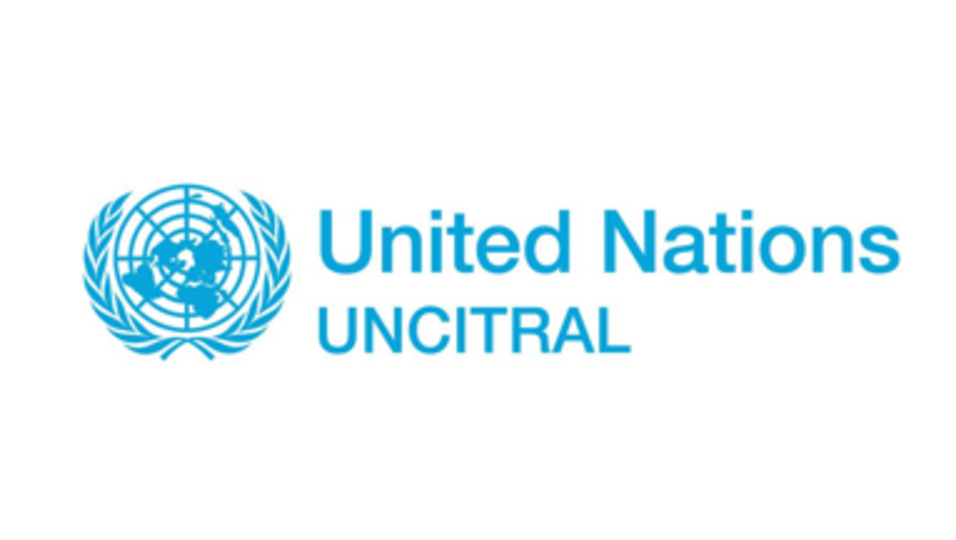The ELI was represented by Prof Stephan Madaus (University of Halle-Wittenberg, Germany) and Gert-Jan Boon (Leiden University, Leiden), Co-Reporter and project team member, respectively, of the ELI project on Rescue of Business in Insolvency Law.
Members of the Working Group and observers to the session continued deliberations concerning the development of two projects: (1) asset tracing and recovery in insolvency proceedings; and (2) applicable law in insolvency proceedings. In addition, as these projects near completion; (3) the Working Group also started to look at possible future work. ELI was actively involved in these deliberations.
Asset tracing and recovery (ATR) in insolvency proceedings
The session started by reviewing the updated draft of a descriptive, informational and educational text on civil asset tracing and recovery in insolvency proceedings. Being non-prescriptive, the main text as it is drafted to date aims at increasing awareness of available ATR tools and related matters among policy makers, legislators, judges and practitioners.
The key feature of the instrument is an ATR toolkit. This easily accessible list of measures explains to the interested reader which set of measures, if implemented and available in national laws, could expedite ATR efforts across borders. Based on the mechanics of recognition and relief under the Model Law on Cross-Border Insolvency, the toolbox lists a number of ATR means that could be supported in another country in an expedited manner. And indeed, policy makers as well as researchers may find the draft text already informative when assessing availability, accessibility, effectiveness and efficiency of their domestic (and cross-border) ATR framework. In addition, judges and practitioners may find helpful references in the text to ATR tools used in other jurisdictions, including legal requirements for their use, issues that arise from the use of those tools and possible solutions for addressing them.
The toolkit is supplemented by ‘background notes’ that explain the context and the purpose of the means listed in the toolbox as well as relevant safeguards and limits.
The Working Group reviewed and – principally – supported both texts, supporting also that they would now be consolidated in a single document on ATR. Future work will focus on finalising the wording of certain specific paragraphs.
Applicable law in insolvency proceedings
The second part of the session was devoted to the project on applicable law in insolvency proceedings. The current text provides draft legislative provisions with an accompanying commentary. It contains a list of the body of insolvency law rules that are meant to form the lex fori concursus. Similar to the European Insolvency Regulation (EIR), the general rule on the governing law is supplemented by a limited number of exceptions (labour contracts; payment, clearing and settlement systems; close-out netting; pending arbitration proceedings). A short chapter adds a rule that gives effect to the UNCITRAL framework for recognition and cooperation.
The Working Group has spent a significant amount of time on the text and is currently focussing on a small number of provisions or explanations in the commentary that have remained controversial. Most prominently, the ability of the lex fori concursus of a (main) insolvency proceedings to stay or amend the security interest in collateral abroad is a topic of intense debate. While some delegations strongly supported the application of the lex fori concursus, others insisted on disagreeing. The European lawyer will be interested to hear that the current compromise text would provide a rule that allows the lex fori concursus to affect such security rights abroad unless the affected creditor is substantially worse off compared to an enforcement of their rights in the jurisdiction where the assets are located. Such a compromise would be a welcomed approach for a tentative reform of Art 8 EIR in the near future.
Future Work
With the two current projects approaching completion, the Working Group considered possible topics for future work. A review and update of the Guide to Enactment and Interpretation of the Model Law on Cross Border Insolvency was welcomed as a useful exercise. In addition, the reflection of climate-related challenges in the Model Laws and Legislative Guide was raised as another possible topic for discussion. A colloquium could further investigate and specify ideas for future activities in the area of insolvency law-making.

